Home
Paul Nuttall, aged 39, was elected leader of the UK Independence Party. He said: ‘I want to replace the Labour party and make Ukip the patriotic voice of working people.’ Theresa May, the Prime Minister, was rebuffed by Angela Merkel, the Chancellor of Germany, and by Donald Tusk, the President of the European Commission, when she proposed settling the status of British and EU expatriates even before Article 50 was invoked. She made another attempt in talks with Beata Szydlo, the Prime Minister of Poland. There was some interest in a note photographed on papers being carried after a meeting in Downing Street by Julia Dockerill, an aide to Mark Field, a Conservative MP, that said: ‘What’s the model? Have your cake and eat it.’ A group called British Influence sought a judicial review of whether the United Kingdom would leave the European Economic Area by the very fact of leaving the EU. Some vegetarians reacted angrily on discovering that the new plastic £5 note contains tallow made from dead beasts.
The Institute for Fiscal Studies predicted that in 2021 wages would still not be as high as they were in 2008. The OECD predicted that the British economy would grow by only 1 per cent in 2018, compared with 1.7 per cent for Germany and 1.6 per cent for France; but the OECD has already revised its prediction for British growth this year from 1.8 to 2 per cent. Michael Gove, the former Cabinet minister, cast doubt on forecasters, saying: ‘Economists overall have to recognise that their profession is in crisis.’ RBS, still 73 per cent owned by the taxpayer, failed a Bank of England stress test. Skyscanner, the UK-based travel search business, was bought by Ctrip, China’s biggest online travel company, for £1.4 billion. Ofcom ordered BT to separate legally from its Openreach division, which runs Britain’s broadband infrastructure. Primary school children in Northern Ireland did the best in Europe at maths and the sixth best in the world, according to the Trends in International Maths and Science Study.
An independent report by Sir John Parker recommended maintaining Royal Navy fleet numbers over the next decade by urgently building Type 31e frigates. Stephen Port, aged 41, was convicted of murdering four men in their twenties whom he had poisoned with the popular inhalant Gamma-hydroxybutyrate after contacting them on gay dating websites. Police in eight forces began investigating claims, by people who had been involved with football as boys, of historical abuse. Margaret Rhodes, a cousin and friend of the Queen’s, died aged 91.
Abroad
Thousands of civilians fled Aleppo as Syrian government forces took districts in the eastern half, accompanied by much bombing. The UN Security Council met to discuss the catastrophe. Any advance by Iraqi forces in retaking Mosul from the Islamic State went slowly. About 77 people, most of them Shia pilgrims to Karbala from Iran and Afghanistan, were killed by a lorry bomb near Hilla, 60 miles south of Baghdad. The number of migrants arriving in Italy from North Africa so far this year reached more than 171,000, the highest ever, with 4,690 others dead or missing on the voyage. People in the western Chinese region of Xinjiang had to hand in their passports, a move seen as a reaction to unrest among the Muslim Uighurs. Joking with a nine-year-old boy at a televised awards ceremony by the Russian Geographical Society, President Vladimir Putin said: ‘The Russian borders don’t end anywhere.’
Fidel Castro, the communist who overthrew the dictator of Cuba, Fulgencio Batista, in 1959, and remained dictator himself until 2008, died aged 90. The government of Colombia set about signing a new peace agreement with the Farc rebel movement, to be approved by Congress, since the previous deal was rejected by the people in a referendum. An aeroplane carrying 77 people, including the Brazilian football team Chapecoense, crashed on its approach to Medellin in Colombia and only six survived.
François Fillon, campaigning on Thatcherite economics and Catholic family values, beat his rival Alain Juppé by two thirds to one third to become the candidate of the moderate right party Les Républicains for the presidency. The people of Italy turned a referendum on changes to the constitution into a vote of no confidence in the prime minister Matteo Renzi. President Park Geun-hye of South Korea asked parliament to find a way for her to stand down, in the face of a corruption scandal. The Ugandan king of Rwenzururu was charged with murdering a policeman. Ireland had issued more than 700,000 passports by the end of November. CSH
The post Portrait of the week appeared first on The Spectator.
Got something to add? Join the discussion and comment below.
Get 10 issues for just $10
Subscribe to The Spectator Australia today for the next 10 magazine issues, plus full online access, for just $10.
You might disagree with half of it, but you’ll enjoy reading all of it. Try your first month for free, then just $2 a week for the remainder of your first year.


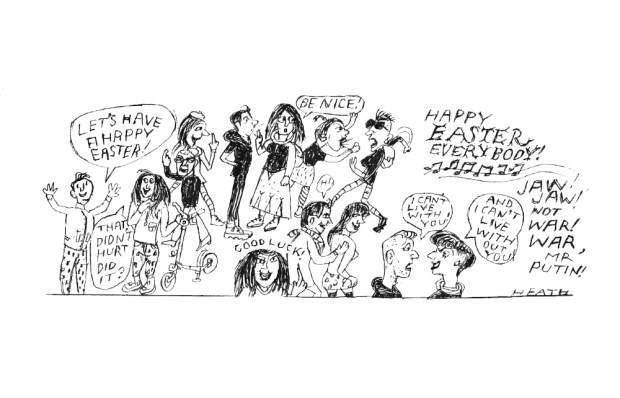
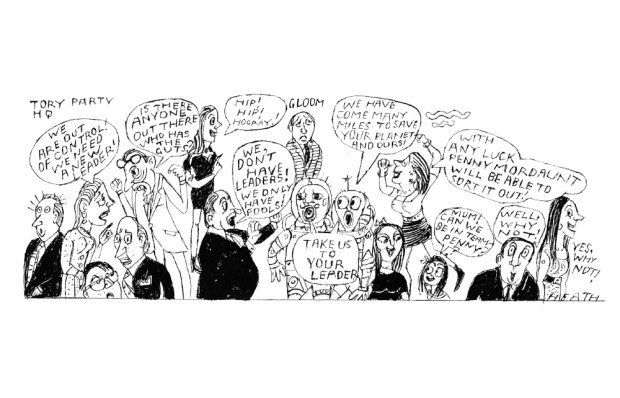

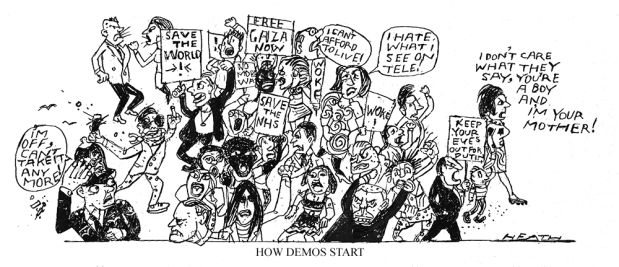
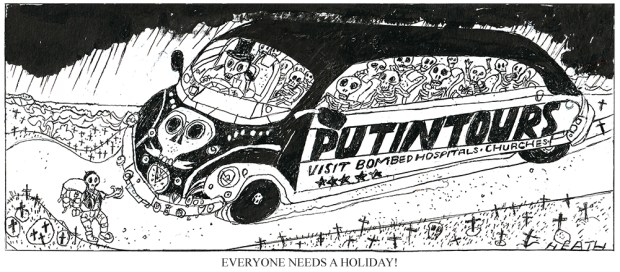
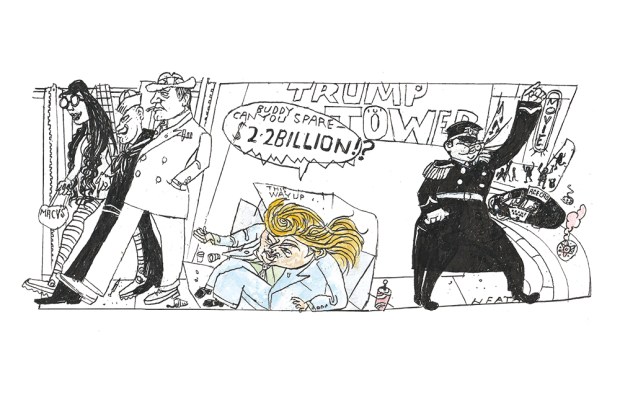






Comments
Don't miss out
Join the conversation with other Spectator Australia readers. Subscribe to leave a comment.
SUBSCRIBEAlready a subscriber? Log in